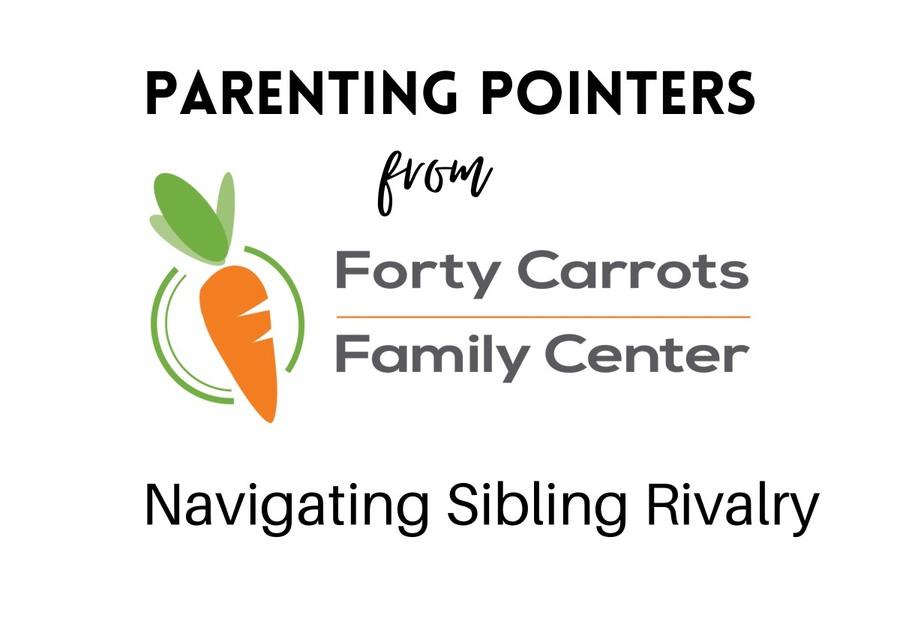Sibling rivalry. It can challenge even the best of us. We all just want our kids to get along, but the fact of the matter is that siblings fight. It is just part of the business of growing up and figuring out how relationships work. Home is the training grounds for children to test boundaries, find confidence and gain an understanding of relationship dynamics.
The cause of sibling fighting is usually simpler than you may think, and it is a good idea to start with the basics. Children often fight because they are hungry, tired, bored, want attention, need alone time, or they just do not have the skills yet to communicate their feelings.
Just because it is a normal part of growing up does not mean you have to be driven crazy by sibling conflicts. For caregivers, it is our responsibility to give our children the tools with which to navigate these relationships. Here are a few tips to help establish more peace in your home:
- Be Candid. Talk to your children about how important their relationship with one another is to you. Be candid about the benefits of having a sibling as a lifelong friend.
- Validate ALL Feelings. Each sibling has a role when it comes to arguments, so be objective without blame. Try “You two seem to be having a hard time - I wonder what we can do,” instead of “who started this.”
- Be Calm. Be respectful in your communication and use discipline as a teaching tool. Focus on possible solutions and mutual agreements instead of punishments. This can help strengthen connection, the ability to cooperate, and create a positive sense of self.
- Model Empathy. Put focus on understanding unmet needs and boundaries. Try not to focus on the behavior that was hurtful. Instead talk about how it made them feel. Children generally know that hitting or hurting a sibling is not ok.
- Be Intentional. Make sure you are filling each individual child’s cup with one-on-one attention directed to their specific interests and needs. Let them know that they are safe, important, and loved, and that their needs will be met.
- Take a Time In. Allow everyone some time to calm down if things are still escalated. Stay nearby and offer support but do not try to force problem solving until everyone is ready to listen.

Keep in mind that the skills needed to manage and resolve conflict do not happen overnight. By investing in today, you are giving your child what they need so that eventually they will be able to manage their own relationship dynamics.
Some of the most important things we can show our children are patience and empathy. We all want our children to develop supportive and loving relationships with their siblings because we know how valuable that is. So, use the time when they are interacting well together to notice it and give specific praise to acknowledge how they are getting along. Be calm and understanding when they are having a hard time and fighting erupts. Before reacting, consider all the circumstances and remember that behaviors are a child’s way of communicating a need.
Generously offer grace. We are all struggling with a little extra anxiety right now and your child’s behavior may be coming from a place less obvious; they may be feeling more insecure and confused with the disruption of their usual routines, but without the capability to communicate that.
GROUP HIGHLIGHT:
Join us for PARTNERS IN PLAY® [PIP] at your neighborhood Library! Drop in to enjoy a special uninterrupted playtime with your child in our FREE Partners in Play (PIP) groups. Meet our friendly Parenting Educators and discover how play and learning go hand-in-hand. For more information on dates and times CLICK HERE



